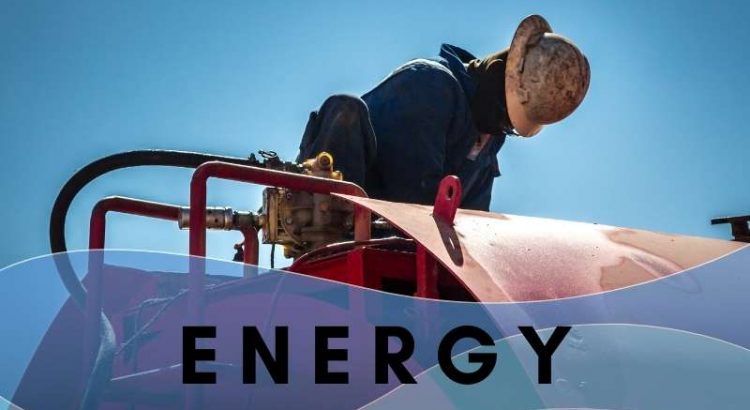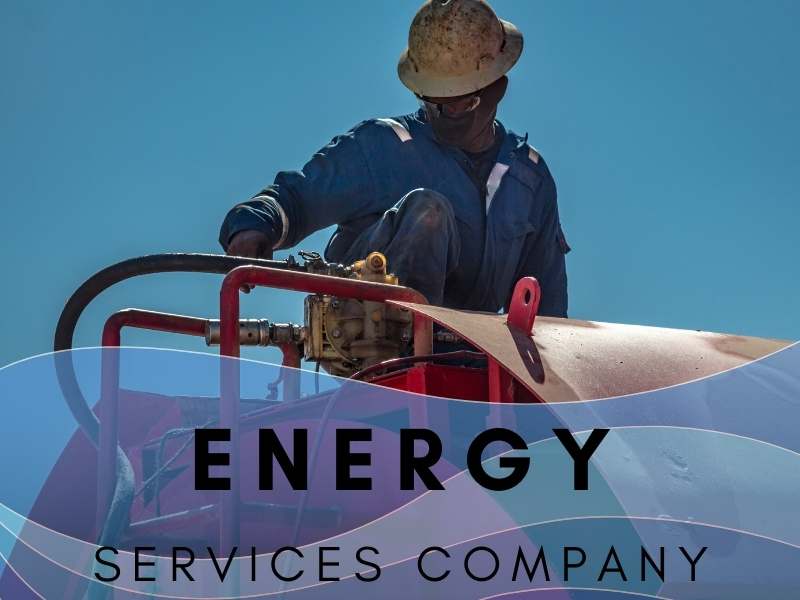In the labyrinth of pipes, valves, and equipment that make up the infrastructure of oil and gas facilities, the silent but significant issue of fugitive emissions often goes unnoticed. Yet, these emissions are far from inconsequential; they pose both environmental and safety risks that cannot be ignored.
Detecting and managing fugitive emissions is not just a regulatory requirement but also a moral imperative. The good news is that advancements in leak detection technology are making it easier than ever to identify and rectify these issues. For instance, Intricate Group offers comprehensive fugitive emissions and leak detection services that employ cutting-edge technology and methodologies to ensure compliance and safety.
One of the most effective ways to manage fugitive emissions is through regular monitoring and audits. These audits serve as a health check for your facility, identifying potential leak points and providing actionable insights. According to a study by the Canadian government, regular audits can reduce fugitive emissions by up to 60%.
The key to effective fugitive emissions management lies in a multi-pronged approach. This involves not just the use of advanced detection technology but also employee training and awareness programs. After all, the best technology is only as good as the people operating it.
Incorporating expert opinions into your emissions management strategy can also add a layer of credibility and effectiveness. Industry leaders often share valuable insights into best practices and emerging technologies, making it easier for companies to stay ahead of the curve.
While it’s easy to get lost in the technicalities, it’s crucial to remember the bigger picture. Fugitive emissions contribute to climate change and have a direct impact on community health. Therefore, it’s not just about compliance; it’s about taking meaningful steps to protect our planet and its inhabitants.

The Role of Modern Technologies in Fugitive Emissions and Leak Detection
In today’s rapidly evolving landscape, the role of modern technologies in fugitive emissions and leak detection cannot be overstated. From advanced sensors to real-time monitoring systems, technology is revolutionizing the way we approach this critical aspect of environmental management.
One of the most promising advancements is the use of drones equipped with infrared cameras. These drones can cover large areas in a short amount of time, providing immediate and accurate data on potential leaks. This not only enhances operational efficiency but also significantly reduces the risk of environmental damage.
Another game-changer is the integration of Artificial Intelligence (AI) into monitoring systems. AI algorithms can analyze data from various sensors to predict potential leak points, allowing for proactive maintenance. This is a significant step forward in minimizing the environmental impact and ensuring regulatory compliance.
But technology alone is not the answer. It must be part of a comprehensive fugitive emissions management plan that includes regular inspections, employee training, and a robust response strategy. Companies like Intricate Group are leading the way in offering such holistic solutions.
Moreover, the adoption of energy-efficient mobile boilers can also contribute to reducing emissions. These boilers are designed to be more fuel-efficient, thereby reducing the amount of gas that escapes into the atmosphere.
The Future of Fugitive Emissions and Leak Detection: A Collaborative Approach
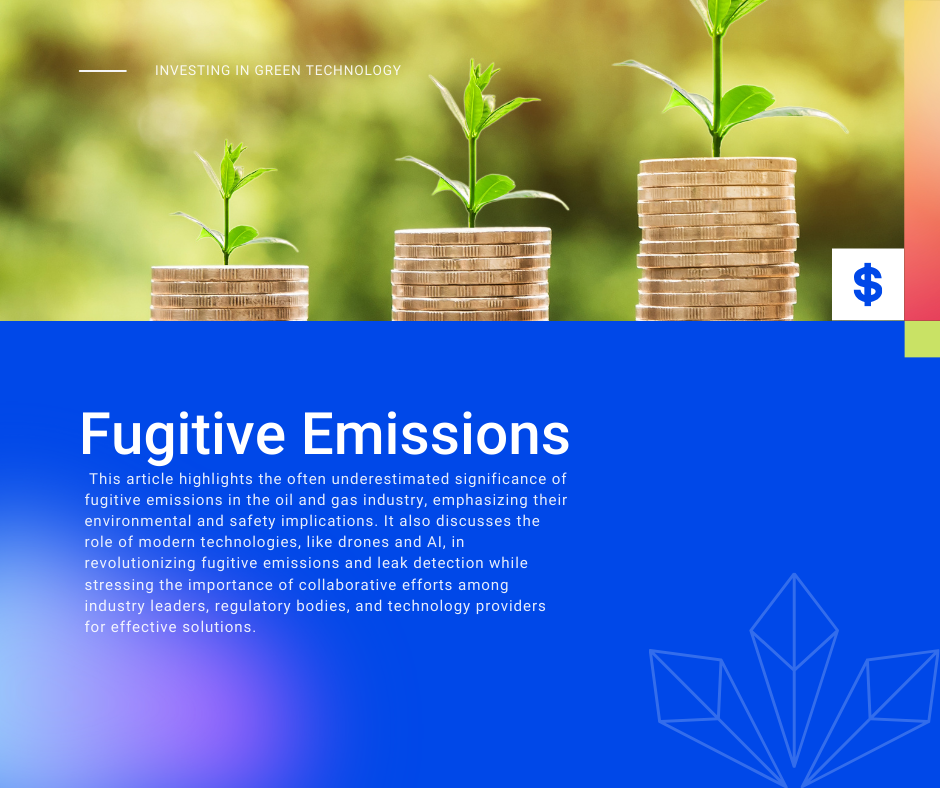
As we look to the future, it’s clear that tackling the issue of fugitive emissions and leak detection will require a collaborative approach. Industry leaders, regulatory bodies, and technology providers must come together to develop and implement effective solutions.
One such collaborative effort is the development of industry-wide standards for emissions monitoring. These standards will not only ensure consistency but also facilitate the sharing of best practices among companies. Regulatory bodies can play a pivotal role in this by providing the necessary framework and oversight.
In addition, public-private partnerships can accelerate the adoption of new technologies. For instance, government grants can help companies invest in advanced monitoring systems, thereby speeding up the transition to more sustainable practices.
But it’s not just about technology and regulations. Public awareness and education are equally important. Companies should engage with communities to explain the steps they are taking to minimize emissions and protect the environment. This not only builds trust but also encourages a culture of shared responsibility.
For those looking to stay ahead of the curve, Intricate Group offers a range of services in fugitive emissions and leak detection, ensuring that you are always in compliance with the latest regulations.
To further deepen your understanding of this subject, you might want to read this comprehensive study on fugitive emissions by Environment and Climate Change Canada.

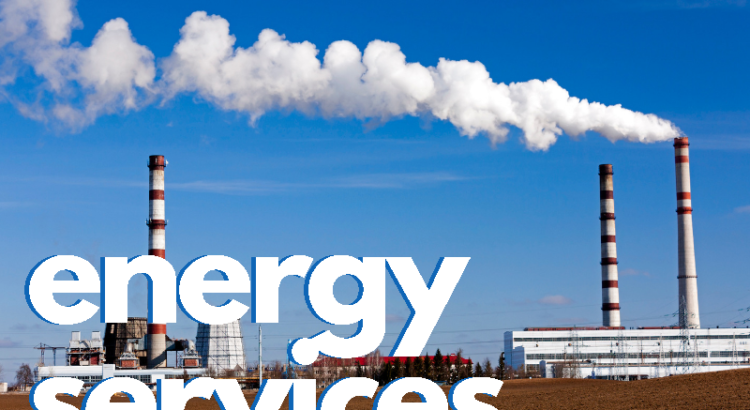
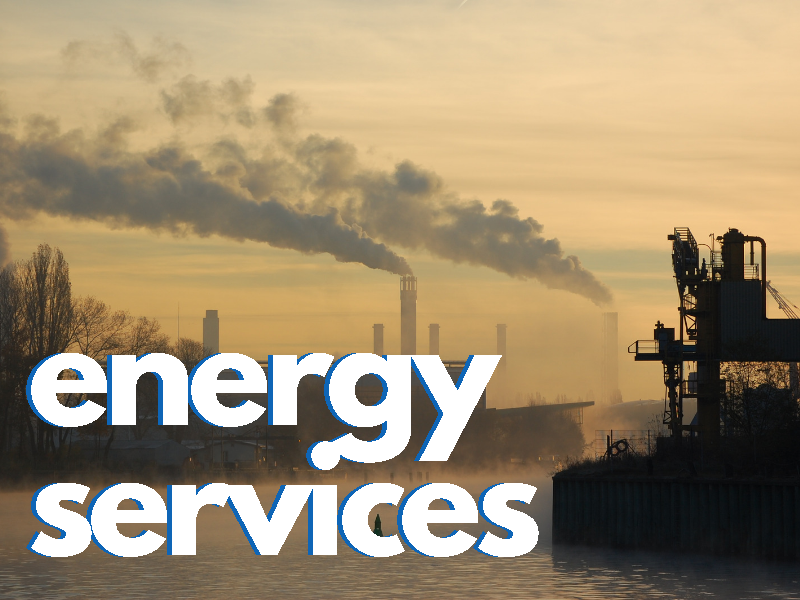 Measurement and regulatory services
Measurement and regulatory services